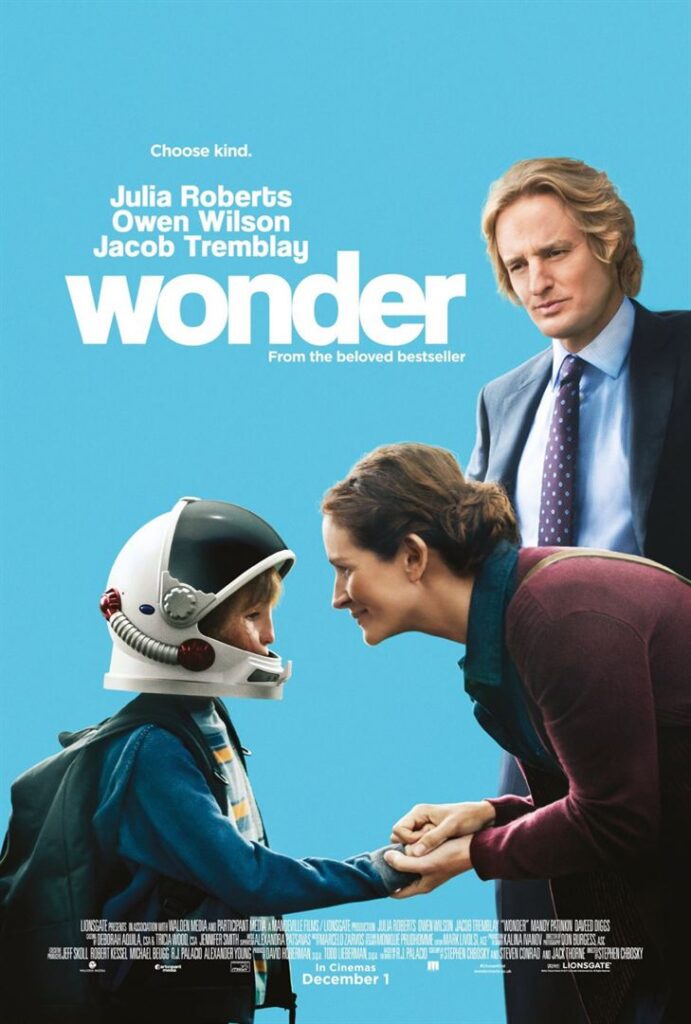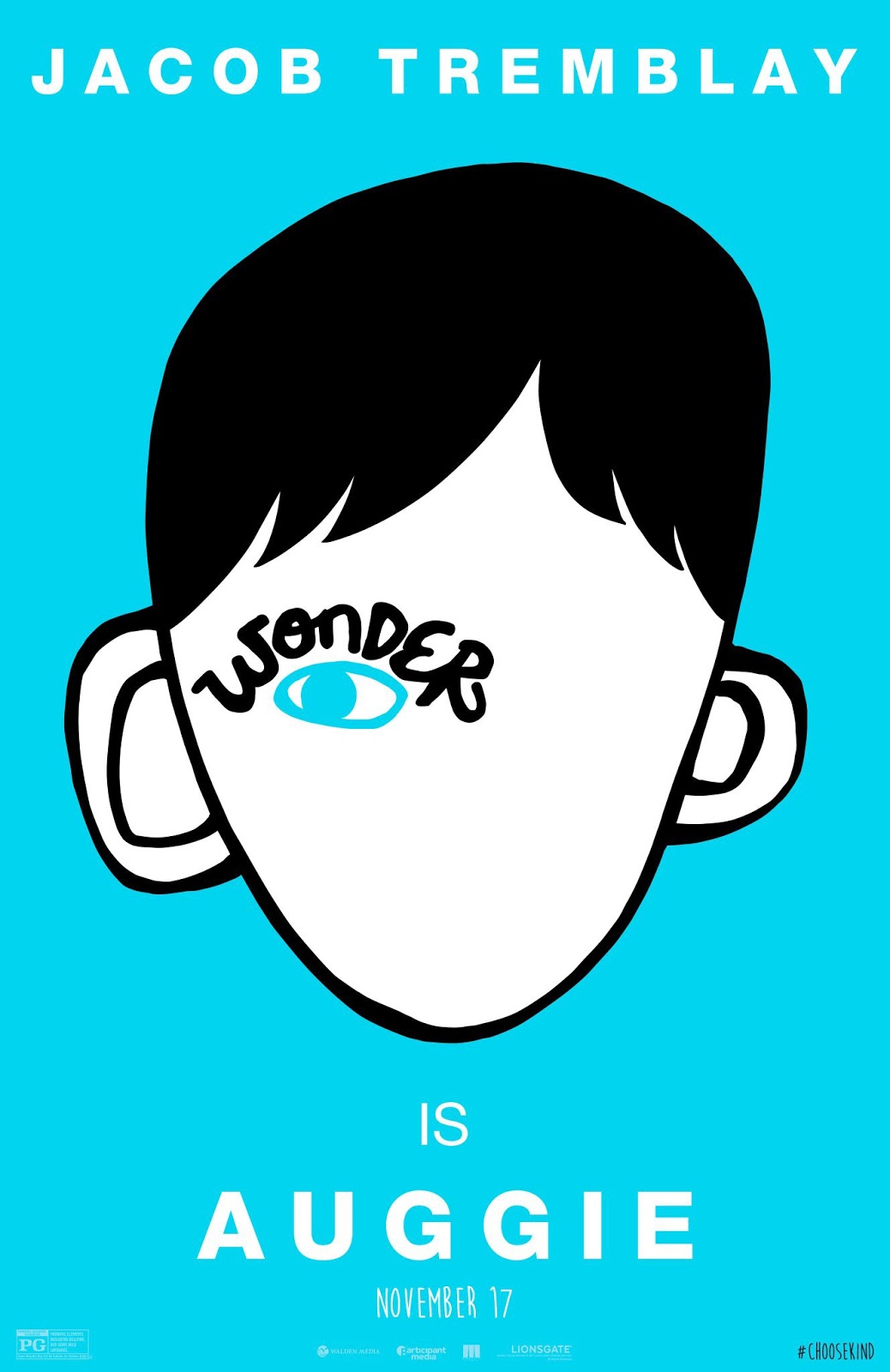When we think about someone who might be described as a "wonder woman," our thoughts often go to figures who inspire awe and admiration, perhaps even a sense of the truly remarkable. It's interesting, too, how the very idea of "wonder" itself holds so many layers of meaning, shaping how we perceive these inspiring individuals. So, what does it truly mean to experience wonder, or for someone to embody that quality, like a "wonder woman who played wonder woman" might? It’s a feeling that can stop you in your tracks, a moment where you just sort of take everything in.
This feeling, this concept of wonder, is a rather rich one, encompassing a whole spectrum of human experience. From simply wanting to know something, to feeling a profound sense of surprise, it touches on many parts of our daily existence. You know, it's almost like a quiet question we ask ourselves, or a gasp of delight when something truly unexpected happens right before our eyes. We often find ourselves just a little curious about things, wondering about them, and that's where it often begins.
Exploring the various facets of "wonder" can help us appreciate what makes someone truly exceptional, someone who might indeed be seen as a "wonder woman who played wonder woman." It helps us to look beyond the surface, to consider the deeper feelings and ideas that are present when we encounter something truly astonishing or admirable. In some respects, it’s about recognizing the extraordinary in what might seem ordinary, or perhaps finding the truly amazing in the everyday. That's a pretty neat way to look at things, honestly.
Table of Contents
- Introduction to the Idea of Wonder
- What Does "Wonder" Truly Mean?
- Is Wonder a Feeling of Great Surprise?
- How Does One Express Wonder?
- Can a Person Be a Wonder?
- Wonder Versus Phenomenon: What's the Difference?
- Exploring the Story of "Wonder"
- Who is the Wonder Woman of This Story?
What Does "Wonder" Truly Mean?
The word "wonder" carries quite a few different meanings, you know, depending on how it's used. At its heart, it can mean to question something, to feel a bit of doubt, or simply to want to find out more about something. For instance, we might say, "I wonder if it will rain today," which is just a polite way of asking or expressing a wish to know. This sense of curiosity is a very fundamental part of what it means to wonder, a gentle nudge to explore and understand the world around us. It's like a quiet pondering, really.
Then, there's the feeling of surprise, a real sense of astonishment or even amazement. When something truly catches us off guard, something unexpected or incredibly impressive, we might feel a deep sense of wonder. It's that moment when your jaw drops just a little, or you let out a soft gasp because something is so beautiful or so unbelievable. This kind of wonder is often tied to things that seem like a spectacle, a miracle, or perhaps a strange, unusual event. It's a rather powerful emotional response, you see, to something truly out of the ordinary.
Beyond feelings, "wonder" can also refer to the thing itself that causes these emotions. It can be a grand sight, a remarkable occurrence, or even a person who is incredibly useful or a truly capable individual. Think about it: something that makes you feel a great deal of admiration, something that just inspires you. That's a cause of wonder right there. It’s a very broad term, covering both the internal feeling and the external trigger for that feeling, which is pretty interesting when you think about it.
So, too, the word "wonder" works as an English word, taking on different roles as a verb, an adjective, or a noun. As a verb, it means to think about something with curiosity or to feel amazed. As an adjective, it describes something as being excellent, very effective, or even magical. And as a noun, it refers to the feeling itself, or to something that is truly a miracle or a marvel. It's clear that this single word holds a surprising amount of linguistic weight, allowing us to express a wide array of thoughts and feelings about the astonishing things in our lives. It’s quite versatile, you might say.
Is Wonder a Feeling of Great Surprise?
Absolutely, a significant part of what "wonder" means is a feeling of considerable surprise and a deep sense of pleasure. This often happens, for example, when you see something that is exceptionally beautiful, or when something takes place that you had previously thought was completely impossible. It’s that moment when your perception of what's possible expands, and you're left with a sense of awe. This is a powerful, very human experience, one that connects us to the extraordinary moments in life. It's a bit like a delightful shock, really.
This particular aspect of wonder is about being utterly taken aback by something's beauty, its unexpectedness, or its sheer improbability. It’s not just a casual surprise; it’s a profound emotional response that comes from witnessing something truly remarkable. For instance, seeing a breathtaking landscape for the first time, or hearing about an act of kindness that seems almost unbelievable, can evoke this kind of feeling. It’s a genuine feeling of admiration and amazement, a recognition of something truly special, something that makes you pause and appreciate it. This is, in some respects, where the idea of a "wonder woman who played wonder woman" truly shines, by inspiring such feelings.
The feeling of wonder, in this context, really points to a moment of profound emotional impact. It’s a blend of surprise and deep satisfaction, a recognition of something truly beyond the ordinary. It can be something as simple as a perfectly timed sunset, or as complex as a scientific discovery that changes our understanding of the universe. The common thread is that it leaves us with a sense of astonishment and a quiet joy. It’s a very human reaction to the incredible things that happen around us, naturally.
How Does One Express Wonder?
Expressing wonder can take many forms, depending on the particular meaning we are trying to convey. When it means to question something or to express a desire to know, it often comes out as an internal thought or a polite inquiry. For example, you might simply ask yourself questions, or use phrases that begin with "I wonder..." to make a request seem more formal and courteous. This usage is more about curiosity and polite inquiry than it is about astonishment, you know, it's a way of being thoughtful.
On the other hand, when wonder refers to the feeling of astonishment or amazement, its expression might be less verbal and more reactive. It could be a wide-eyed stare, a gasp, or a moment of silent appreciation. Sometimes, people just become quiet, completely absorbed by what they are witnessing. This kind of expression is often involuntary, a natural human response to something that genuinely surprises and delights them. It's a pretty clear sign that something remarkable has just happened, or is happening, right then.
When someone is described as a "wonder," meaning a person who is incredibly capable or useful, their "expression" of wonder might be seen in their actions and achievements. They don't necessarily express wonder themselves, but rather, their very existence and deeds inspire wonder in others. Their accomplishments, their resilience, or their unique talents become the very things that cause others to feel amazement. This is, in a way, how a "wonder woman who played wonder woman" might inspire others, through her own remarkable qualities and actions, making people feel that sense of admiration. It's quite inspiring, really.
Can a Person Be a Wonder?
Yes, absolutely, a person can indeed be described as a "wonder." The term can be applied to someone who is an extremely useful individual, a truly capable person, or someone who performs astonishing feats. This is not about them literally being a miracle, but rather about their actions, character, or achievements being so remarkable that they inspire a deep sense of admiration and surprise in others. It's about their impact, you see, on the people around them and the world at large. A person like this just sort of stands out.
When we talk about a "wonder woman who played wonder woman," we are often thinking about someone who embodies these qualities. Perhaps they show incredible strength, resilience, or an extraordinary ability to overcome challenges. They might be someone who inspires hope and demonstrates what is possible even in difficult situations. Their presence or their story can be a cause of genuine astonishment and admiration for many. It's about the qualities they possess that make them seem truly exceptional, something pretty special.
The concept of a person being a "wonder" is tied to their capacity to do things that others might find extraordinary or even impossible. It’s about their unique contributions, their unwavering spirit, or their profound impact on society. Such individuals often serve as beacons, showing us what humanity is capable of when faced with adversity or when pursuing a noble goal. This kind of person, quite naturally, becomes a source of inspiration, making others feel that deep sense of awe and respect. They are, in a way, a living example of what "wonder" can mean.
Wonder Versus Phenomenon: What's the Difference?
It's interesting to consider the slight but important distinction between "wonder" and "phenomenon," as explained in some definitions. "Wonder" typically points to astonishing deeds, remarkable individuals, or impressive sights that are primarily the result of human creation or effort. It suggests something that humans have brought into existence, something that showcases human ingenuity or spirit. So, for example, a magnificent building or a groundbreaking invention would fall under the category of "wonder" in this sense. It's about human achievement, more or less.
On the other hand, a "phenomenon" usually refers to rare occurrences, or unusual people and events that are often natural or simply happen without direct human creation. Think of a rare celestial event, a unique natural formation, or an unexplained occurrence. These things might inspire wonder, but they are themselves classified as phenomena because they are not necessarily human-made. So, while both can evoke surprise and amazement, the source of their existence is a key differentiator. This distinction is pretty subtle, but important for clarity.
This difference highlights the human element present in "wonder." When we speak of a "wonder woman who played wonder woman," we are definitely leaning into the "wonder" that is associated with human endeavor, human spirit, and human impact. It's about the extraordinary qualities or actions of a person, rather than a natural, uncaused event. The achievements and character of such a person are what truly make them a "wonder," something to behold and admire, a testament to what people can achieve. It's a very human-centric way of looking at what makes something special, you know.
Exploring the Story of "Wonder"
While we're talking about the concept of wonder, it's worth noting that there's also a specific story, a movie called "Wonder," that truly embodies many of these ideas. This film, which is based on a novel from 2012, tells the story of a boy who has facial differences. He's been homeschooled his entire life, so, you can imagine, his world has been quite contained. The story picks up when he starts attending a traditional school, a setting that presents a whole new set of challenges and experiences for him. It's a rather poignant narrative, really, about facing the world.
In this new school environment, the boy has to navigate the social landscape, finding friends and, unfortunately, dealing with bullies. The narrative explores themes of acceptance, kindness, and what it means to truly see a person beyond their outward appearance. It's a story that, in its own way, makes you feel a sense of wonder about the human spirit and the capacity for empathy. The challenges he faces and how he responds to them can certainly evoke that feeling of astonishment and admiration in the audience. It's a pretty powerful story, honestly.
The film, by presenting such a unique personal journey, encourages viewers to consider what true strength and beauty are. It asks us to look past the superficial and to appreciate the inner qualities that make someone truly remarkable. This is where the movie itself becomes a "wonder" – not just in its title, but in its ability to inspire deep feelings of surprise and pleasure through its message. It’s a story that just sort of stays with you, prompting reflection on what it means to be kind and courageous. You can, like, watch trailers and learn more about it, too.
Who is the Wonder Woman of This Story?
When considering the question of "wonder woman who played wonder woman" within the context of the provided text, it's important to understand that the information does not give us details about a specific actress or a superhero character. Instead, the text focuses on the various meanings of the word "wonder" and mentions a movie titled "Wonder" about a boy. Therefore, we cannot provide a biography or personal data table for a specific "wonder woman" from the given material. The text just doesn't offer that kind of detail, you know.
However, if we think about the spirit of a "wonder woman" in relation to the meanings of "wonder" that we have explored, we can consider who embodies these qualities within the story of the movie "Wonder." The boy in the story, facing significant challenges with grace and resilience, could arguably be seen as a figure of wonder. His journey, his courage in the face of adversity, and his ability to inspire kindness in others, certainly align with the definition of a "capable person" or a "cause of astonishment and admiration." He is, in a way, a source of wonder himself.
Furthermore, the idea of a "wonder woman" could extend to anyone in the narrative who demonstrates extraordinary empathy, unwavering support, or remarkable understanding. Perhaps it's a parent, a teacher, or a friend who shows exceptional compassion and strength. These individuals, through their actions, could be said to embody the spirit of "wonder" by inspiring others and making the seemingly impossible possible. So, while no single "wonder woman who played wonder woman" is explicitly named or detailed in the source text, the qualities associated with the word "wonder" are certainly present throughout the story, making it a very meaningful exploration of human experience.



Detail Author:
- Name : Ms. Hulda Hoppe
- Username : nolan.irma
- Email : predovic.rey@hotmail.com
- Birthdate : 1995-06-25
- Address : 348 Lueilwitz Brooks Lake Christaside, DC 29705-4838
- Phone : (971) 762-8311
- Company : Dibbert-Moore
- Job : Plant and System Operator
- Bio : Laboriosam mollitia ipsa nulla molestiae. Et molestiae sunt aut dignissimos nesciunt. Odio saepe ullam deleniti voluptatem tempore nostrum. Voluptatum excepturi qui est odit ut.
Socials
linkedin:
- url : https://linkedin.com/in/logan_id
- username : logan_id
- bio : Quia et tempore similique repudiandae.
- followers : 6767
- following : 1354
instagram:
- url : https://instagram.com/logan6714
- username : logan6714
- bio : Eum accusamus perspiciatis in iure. Saepe est nam vel eius non est quam.
- followers : 917
- following : 814
twitter:
- url : https://twitter.com/murazik1970
- username : murazik1970
- bio : Aut necessitatibus sit dolore est modi modi sed. Ipsa cumque id assumenda sed. Voluptatem qui incidunt eum provident autem.
- followers : 305
- following : 2956
tiktok:
- url : https://tiktok.com/@loganmurazik
- username : loganmurazik
- bio : Occaecati eos quia voluptatem consequatur illo in.
- followers : 5349
- following : 2980
facebook:
- url : https://facebook.com/murazikl
- username : murazikl
- bio : Exercitationem atque ut qui ea esse quia voluptate iure.
- followers : 2405
- following : 1225